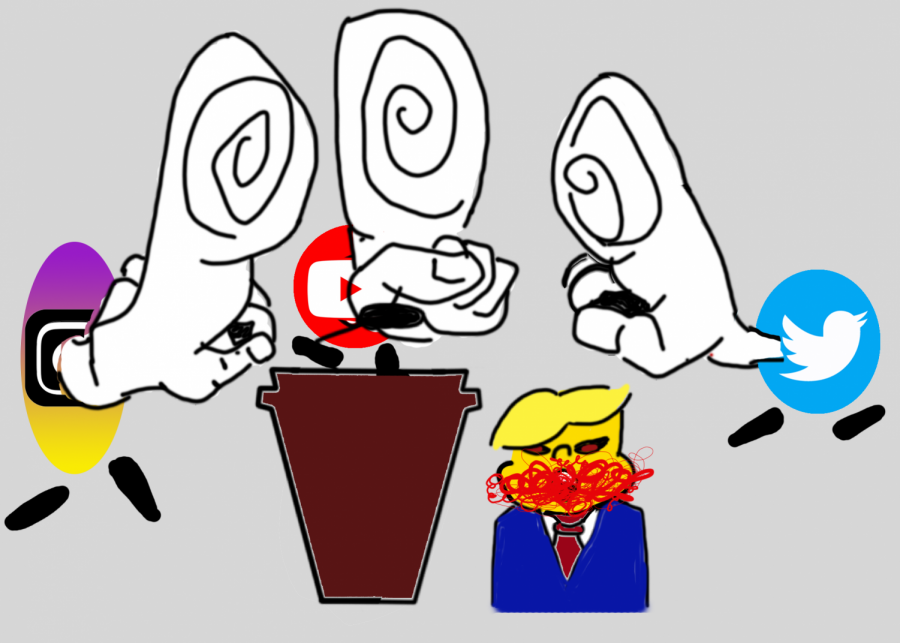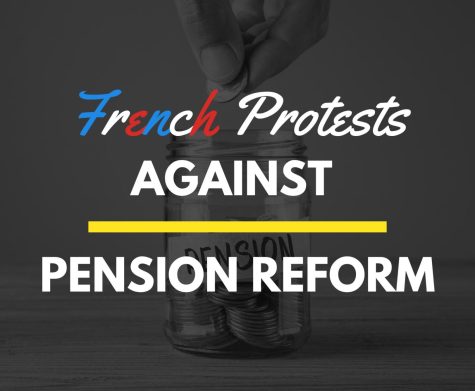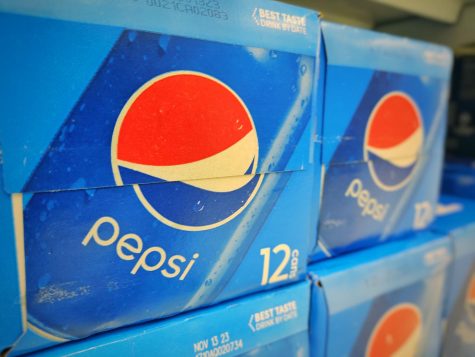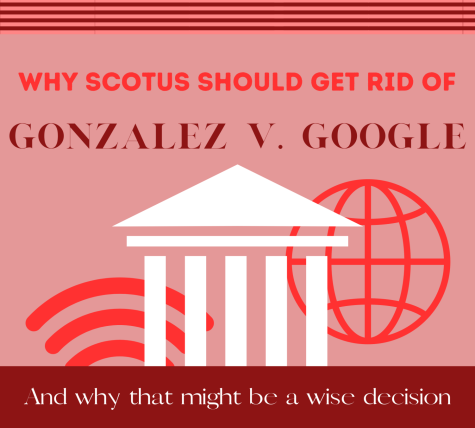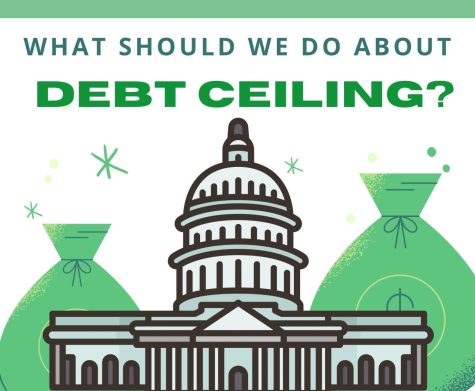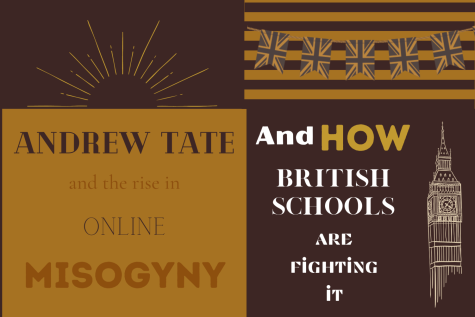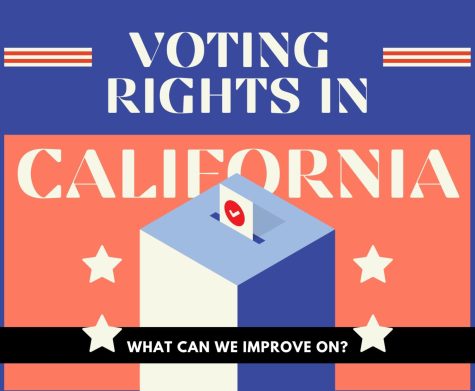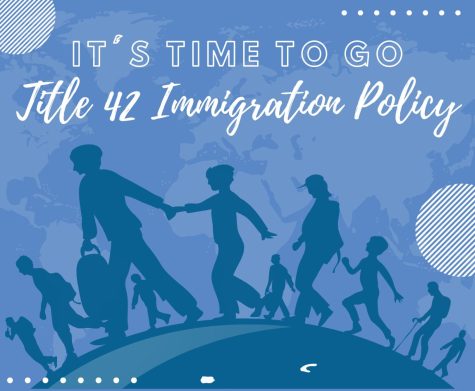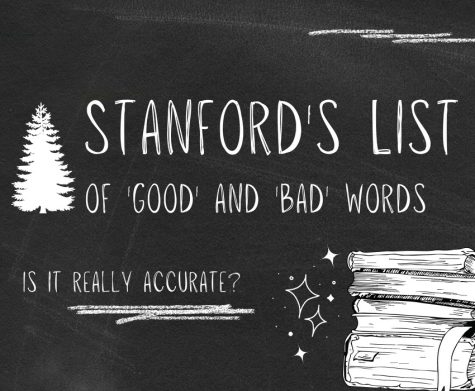Why would tech companies censor Trump?
With the capitol riots cementing Trump’s reputation as a rabble rouser, successive social media giants like Twitter and Facebook have moved to ban his accounts.
January 21, 2021
With the newly-inaugurated President Biden now residing in office, it’s clear that the public of America are no longer willing to entertain the absurdity of Trump’s actions. The same hasn’t always held true for big corporations— in fact, for the duration of his presidency, companies have profited immensely, ranging from the healthcare sector with Big Pharma to the climate change sector with oil pricing. Through PAC, or political action campaigns, companies are able to donate money for the sole purpose of outspending one candidate or another in order to ultimately get the candidate they support to win. Yet one specific subset of the trillion-dollar corporations club is just now noticeably drawing away from the once-beloved Trump: the tech companies.
To understand the relationship between companies and Trump, we have to take a look back at the first beginnings of his campaign. As Democratic representative Alexandria Ocasio-Cortez famously illustrated, there are no laws at present which prevent presidential campaigns from being fully sponsored by corporate money in exchange for later favors. The open secret that Trump has collaborated with Russia in the past is only further proof to the conclusion that America’s paychecks have never been Trump’s priority— it’s been his own.
By now, it’s no longer news that Trump has lost access to his social media accounts. It is important to note, however, that the restrictions placed on Trump haven’t been for just him alone. Twitter, Facebook, Instagram, and others have shut down numerous smaller accounts made notorious by their extremist right opinions. This tweet from Jack Dorsey, CEO of Twitter, captures perfectly the significance these actions have.
When corporations police the public conversation, whether that be through temporary bans or deleting Parler from the app store, the question is who will take that responsibility for them. And despite the Big Four going on trial back in July, tech companies remain largely free of any regulations save from those self-imposed.
Even if Trump has been famed precisely for his dedication to his social media accounts, their decisions to mute him and similar alt-righters has turned the spotlight to a new debate on whether the government needs to be able to influence these big corporations – and whether they’ll let them.

